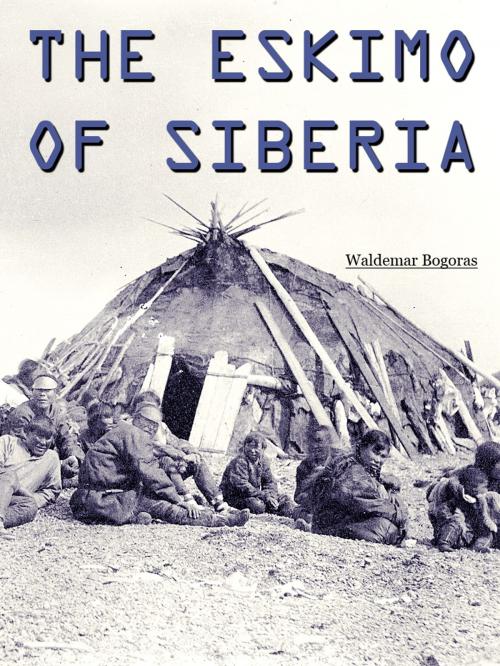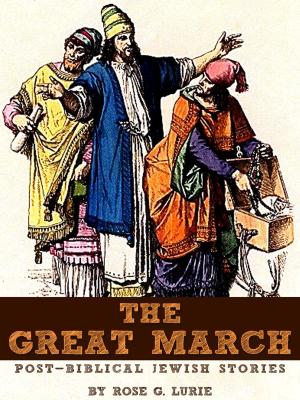The Eskimo of Siberia
Nonfiction, Social & Cultural Studies, Political Science, Government, Social Policy, Sports, Outdoors, Outdoor Skills| Author: | Waldemar Bogoras | ISBN: | 1230000095764 |
| Publisher: | AppsPublisher | Publication: | January 1, 2013 |
| Imprint: | Language: | English |
| Author: | Waldemar Bogoras |
| ISBN: | 1230000095764 |
| Publisher: | AppsPublisher |
| Publication: | January 1, 2013 |
| Imprint: | |
| Language: | English |
The Eskimo of Siberia
by Waldemar Bogoras
The Eskimo of Siberia was first published in 1913 under the authorship of Waldemar Bogoras.
About the Author:
"Waldemar Bogoras was born in Russia in 1865, and he died in 1936. During his life he was at one time exiled into Siberia for being a populist revolutionary. This is where his ethnological research started and this is where he would return to, on more than one occasion. In Siberia he studied the Chuck chi people mostly, he also studied the Koryak, and Yup'ik people. He collected items from people he called 'Russified Natives,' who had been exiled. He used these to show how cultures were being borrowed and assimilated, because they were being introduced with each other for the first time when these people were exiled. After the Russian Revolution, he became the director of the Institute of the Peoples of the North, an agency concerned with education and developmental work among the northern tribes of Siberia. He also published books and novels."
The Eskimo of Siberia
by Waldemar Bogoras
The Eskimo of Siberia was first published in 1913 under the authorship of Waldemar Bogoras.
About the Author:
"Waldemar Bogoras was born in Russia in 1865, and he died in 1936. During his life he was at one time exiled into Siberia for being a populist revolutionary. This is where his ethnological research started and this is where he would return to, on more than one occasion. In Siberia he studied the Chuck chi people mostly, he also studied the Koryak, and Yup'ik people. He collected items from people he called 'Russified Natives,' who had been exiled. He used these to show how cultures were being borrowed and assimilated, because they were being introduced with each other for the first time when these people were exiled. After the Russian Revolution, he became the director of the Institute of the Peoples of the North, an agency concerned with education and developmental work among the northern tribes of Siberia. He also published books and novels."















